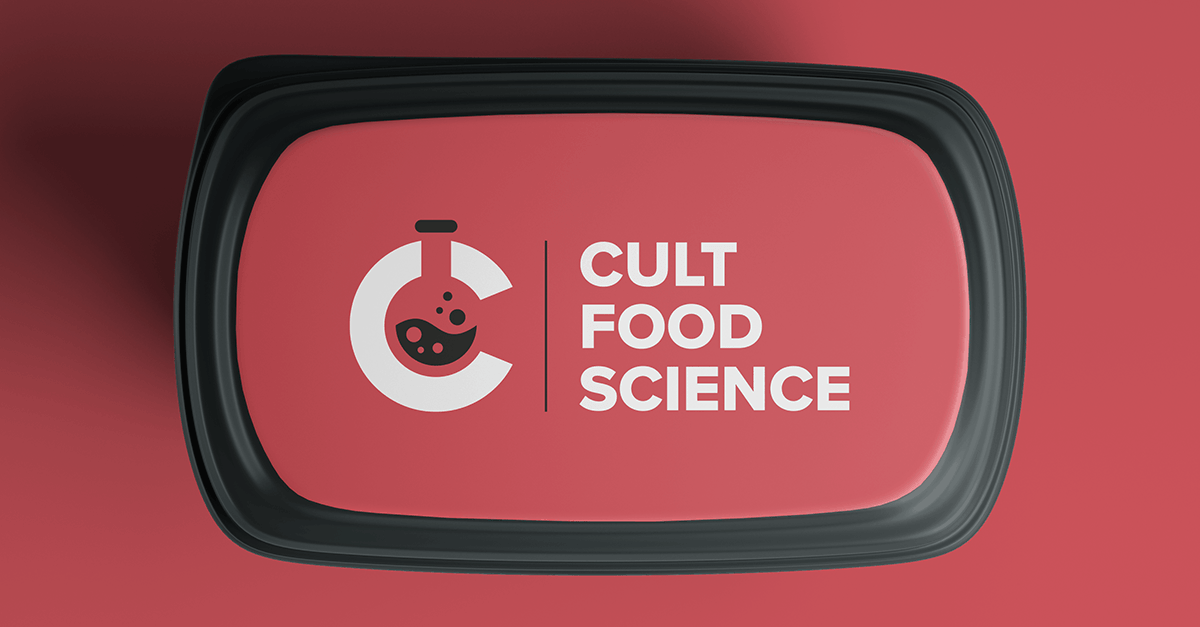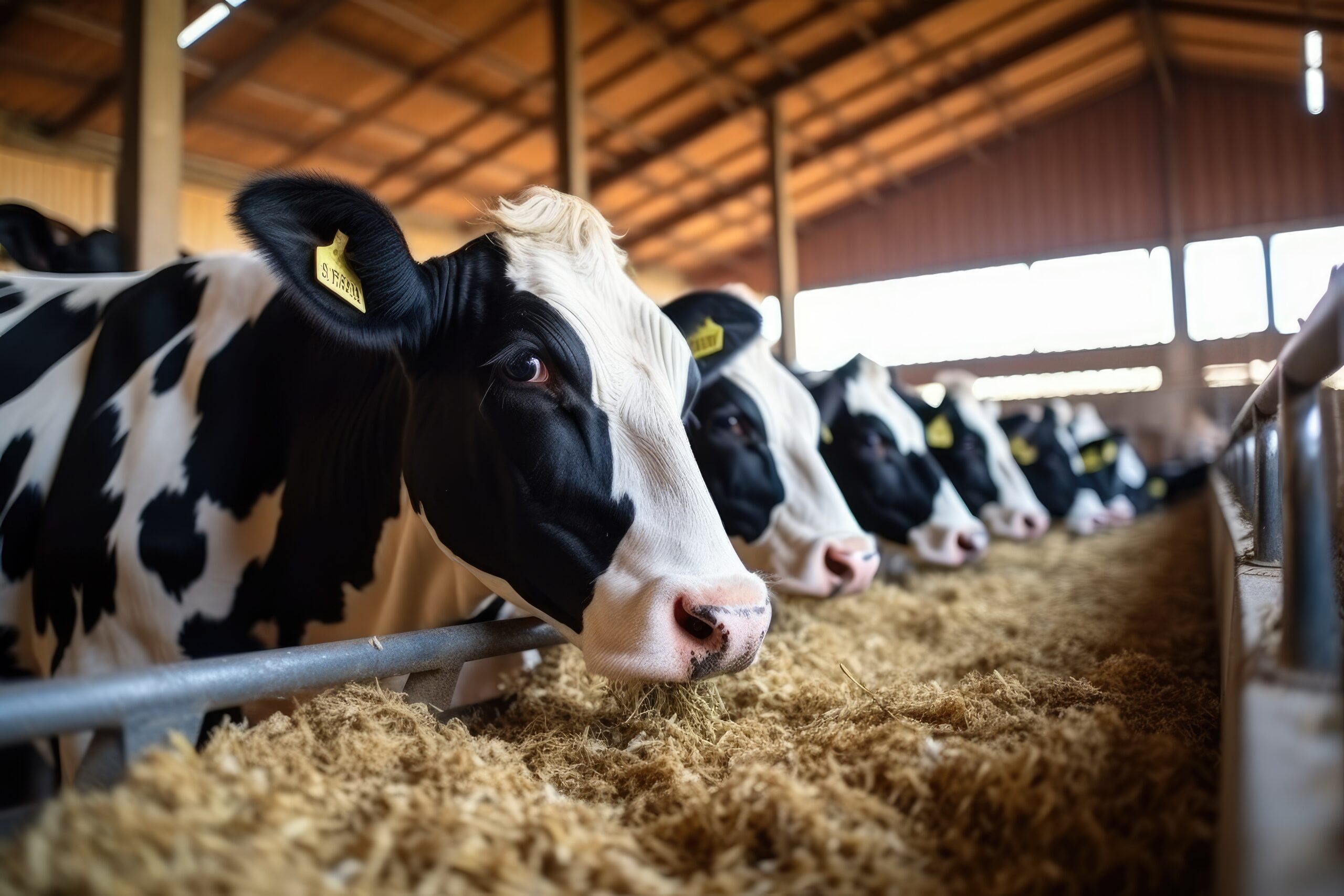Quotes from Speciality Food Magazine, January 25, 2024
Vegan food gets a lot of attention every January as retailers prepare for a month of plant-based campaigns for Veganuary. The yearly challenge to follow a vegan diet for a month, which has been running for 10 years now, drew more than 700,000 participants last year. However, the vegan sector faced a lot of challenges in the past year. Mark Lynch, the partner at Oghma Partners, says the plant-based food market experienced “major disruption” in the last 12 months, “with shrinking varieties, declining demand and companies collapsing in the sector”.
In fact, Meatless Farm, a provider of meat substitutes to Byron Burgers, Itsu, and Pret, filed for bankruptcy last year, while Oatly and Heck cut down their plant-based varieties in the UK.
As Sally-Jayne Wright wrote in Speciality Food, imitation meat and cheese products are facing more criticism over their ingredients as Brits are concerned about the health risks of highly processed foods. In fact, recent data revealed that sales of plant-based meat substitutes dropped 13.6% over the year, and it’s obvious that consumers want to emphasize the ‘plant’ in ‘plant-based’.
How does vegan food affect the environment?
Besides health issues, one of the main worries consumers have about plant-based food is how it affects the environment. But here, all evidence suggests that vegan diets are the best option. A study published in Nature Food in July 2023 found that plant-based diets are more eco-friendly. “The environmental impact of animal-based foods is generally higher than for plant-based foods due to both direct processes related to livestock management…and indirect processes through the wastefulness of using crops for animal feed instead of directly for human consumption,” the study’s authors wrote.
** To access the complete text, please click here **










